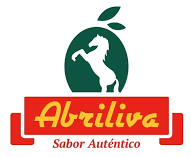Hold on… the NFT gambling scene isn’t just about flashy digital art and trendy blockchain buzzwords. When you peel back the layers, licensing jurisdictions become a crucial puzzle piece that often gets overlooked — especially if you’re new to the space. Which regulator’s seal can you trust? What does it mean for your funds and fairness? And how do you avoid gambling platforms that look cool but might leave you high and dry?
Understanding licensing jurisdictions for NFT gambling platforms is no trivial task. The nuances impact everything from legal safety to payment methods, and even your odds of a timely withdrawal. Here, we’ll walk through a practical comparison of key jurisdictions relevant to Canadian players, highlight common pitfalls, and offer a checklist to help you select the right platform—like batery.casino—without the hype and confusion.

Why Licensing Jurisdiction Matters in NFT Gambling
Wow! The first thing to note is that licensing isn’t just bureaucratic paperwork—it’s your frontline defense against shady operators.
Consider this: a license from a stringent regulator like the UK Gambling Commission means the operator must adhere to strict standards around player protection, responsible gaming, AML (Anti-Money Laundering), and fair play audits. However, most NFT gambling platforms operate under less robust jurisdictions, often due to the emerging nature of blockchain gambling and regulatory lag.
For Canadian players, the situation is particularly complex. Provincial bodies like iGaming Ontario regulate real-money online gambling within the province. But NFT gambling platforms often operate offshore with licenses from places like Curaçao or Malta, or sometimes claim no license at all. This ambiguity raises questions about dispute resolution, fund security, and compliance with local laws.
Here’s the kicker: the licensing framework impacts your legal recourse and the platform’s operational transparency. A Curaçao license, for example, provides a baseline of legitimacy but lacks the enforcement teeth and consumer protections of MGA or UKGC licenses. That means when things go wrong—delayed withdrawals, unfair game behavior, or data breaches—players have limited official avenues to seek help.
Comparative Table of Common Licensing Jurisdictions for NFT Gambling
| License Jurisdiction | Typical Regulatory Strength | AML/KYC Standards | Player Protection Features | Common Market Usage | Notes for Canadian Players |
|---|---|---|---|---|---|
| Curaçao eGaming | Moderate | Basic KYC/AML required | Limited dispute resolution; responsible gaming minimal | Popular among crypto and NFT casinos | Grey market in Canada; limited local recourse |
| Malta Gaming Authority (MGA) | High | Strict KYC/AML enforced | Robust player protection, self-exclusion tools | Major global markets | Favored for trusted platforms; few NFT casinos hold MGA |
| UK Gambling Commission (UKGC) | Very High | Comprehensive KYC/AML | Strong player protection, dispute resolution, and responsible gambling | UK market primarily | Rare for NFT platforms; not typically accessible to Canadians |
| Kahnawake Gaming Commission | Moderate | Standard KYC/AML | Dispute resolution available for Canadian Indigenous territory | Canadian Indigenous territories and some online casinos | Limited use for NFT gambling; better for traditional casinos |
Practical Licensing Considerations for Canadian NFT Gambling Users
Something’s off… many NFT gambling sites advertise themselves with flashy crypto integration but hide behind jurisdictions with limited enforcement.
That said, no license alone guarantees a smooth experience. It’s not unusual to find Curaçao-licensed NFT casinos with rapid game innovation but shaky payout reliability. MGA-licensed platforms offer better player protection but tend to be conservative about accepting crypto or NFTs due to regulatory risk.
For example, batery.casino, which operates with a Curaçao license, targets Canadian players with a strong game portfolio including crypto payments and NFT-based betting features. While its licensing does not provide local Canadian regulatory coverage, its transparency about licensing and payment methods makes it a practical choice for experienced players willing to conduct due diligence.
When evaluating such platforms, consider:
- Clarity of licensing information and registration.
- Transparency of KYC procedures and expected verification time.
- Supported payment methods and withdrawal terms — are crypto withdrawals instant or delayed?
- Player reviews focusing on payout experiences and customer support quality.
- Availability of responsible gambling tools, especially relevant given NFT gambling’s novelty.
Common Mistakes and How to Avoid Them
- Ignoring Licensing Jurisdiction: Jumping into NFT platforms without checking their license can lead to unregulated environments, increasing risks of fraud or non-payment.
- Overlooking KYC/AML Requirements: Some NFT casinos advertise no-KYC perks, but these often mean you might face withdrawal blocks later or inability to resolve disputes.
- Assuming Crypto Means Anonymity: Even licensed NFT platforms require AML compliance, so ‘anonymous’ deposits are frequently a myth.
- Skipping Player Reviews: Reputation matters; consistent withdrawal delays or unresolved complaints often signal operational problems.
- Failing to Understand Local Laws: Canadian provincial regulations vary—playing on grey-market sites can carry legal and financial risks.
Quick Checklist for Choosing NFT Gambling Platforms
- ✅ Verify licensing—check license number and issuing authority’s website.
- ✅ Confirm KYC policy upfront; avoid casinos with unclear procedures.
- ✅ Review withdrawal policies—speed, limits, and fees.
- ✅ Assess payment method options—Interac, crypto, credit cards.
- ✅ Look for evidence of third-party RNG audits or fairness certifications.
- ✅ Check for responsible gaming tools and accessible support channels.
- ✅ Read recent player reviews focusing on financial transaction experiences.
Mini-FAQ on NFT Gambling Licensing for Canadian Players
Is playing on a Curaçao-licensed NFT gambling platform legal in Canada?
While not explicitly illegal, Curaçao-licensed platforms operate in the Canadian grey market. There is limited provincial oversight, so players must proceed with caution, understanding that protections and dispute mechanisms are limited.
What are the risks of unlicensed NFT gambling sites?
Unlicensed sites often lack regulatory oversight, increasing risks of unfair game mechanics, refusal to process withdrawals, data security breaches, and no recourse if disputes arise. Avoid these at all costs.
Do regulated NFT casinos offer fair games?
Typically yes. Platforms licensed by reputable regulators require RNG certification and fairness audits. In the NFT space, however, transparency varies, so looking for provably fair algorithms or third-party audits is essential.
How does licensing affect cryptocurrency deposits and withdrawals?
Licensing jurisdictions impose AML/KYC rules that influence how crypto transactions are processed. Regulated casinos require wallet verification and may limit anonymous deposits to comply with standards.
Are there Canadian-licensed NFT gambling platforms?
Currently, no provincial regulator specifically licenses NFT gambling platforms. Players must rely on offshore licensed operators and exercise prudent due diligence.
Illustrative Mini-Case: Choosing Between Licenses
Imagine two NFT gambling sites: Site A holds a Curaçao license, offers Interac and crypto payments but has mixed user reviews about withdrawal delays. Site B boasts an MGA license, but only accepts fiat currencies and has limited NFT integration.
For a casual Canadian player eager to try NFT gambling with crypto deposits, Site A might seem attractive. Yet the history of payout issues requires depositing only small amounts initially and testing withdrawals. Site B, while safer in regulatory terms, might not align with a player’s preference for NFT betting.
This example highlights the trade-offs players must balance: regulatory protection versus platform innovation and payment flexibility.
Summary of Licensing Jurisdiction Strengths and Weaknesses
| Jurisdiction | Best For | Drawbacks |
|---|---|---|
| Curaçao | Crypto/NFT innovation, broad acceptance | Limited enforcement, dispute resolution challenges |
| Malta (MGA) | Trusted regulation, strong player protections | Less crypto/NFT flexibility, slower innovation |
| UKGC | Highest player protection, strict compliance | Rare for NFT, limited Canadian access |
| Kahnawake | Canadian Indigenous markets, moderate oversight | Limited NFT platform presence |
Alright, check this out — navigating NFT gambling platforms requires embracing complexity and adopting a skeptical mindset. For Canadian players, an understanding of licensing jurisdictions and their practical impact is critical for safe, enjoyable play.
Platforms like batery.casino demonstrate that Curaçao-licensed casinos can offer a compelling mix of games, payment options, and NFT features, but one must approach with caution, test processes with minimal stakes, and use responsible gambling tools to manage risk.
Remember, 18+ only. Protect your bankroll by setting deposit limits, taking breaks, and never chasing losses. Gambling should stay fun and under control—especially in emerging spaces like NFT betting where regulatory clarity is still evolving.
If you or someone you know struggles with gambling, help is available. Contact organizations like the Canadian Centre for Addiction and Mental Health (CAMH) or call the Gambling Helpline at 1-888-230-3505.
Sources
- https://www.curacao-egaming.com/
- https://www.mga.org.mt/
- https://www.gamblingcommission.gov.uk/
- https://kahnawake.com/gaming/
About the Author
Mike Johnson, iGaming expert, has over a decade of experience analyzing online gambling platforms with a focus on blockchain innovation and regulatory compliance. Based in Canada, Mike combines real-world betting practice with deep industry insights to guide players toward safer, smarter gambling choices.


